It's easy to blame the fatigue felt as we approach 2015 on the the sheer number of international events that have taken place. But that isn't why this year seemed like an infinity collapsed into 12 months. Instead, it was that every horrific event seemed to last forever. Crises flared up and then sunk down to continue burning, slow and steady without really being resolved, even as new ones roared to take their place.
1. January–Present: Syria

From the beginning of 2014 until the end, Syria remained the home to one of the deadliest conflicts on Earth. The fight against Syrian President Bashar al-Assad seemed almost secondary at times as the Islamic State in Iraq and Syria (ISIS) consolidated control of its base city, Raqqa, and it and other groups fought among each other for control of territory.
It was also a humanitarian disaster. Half of all Syrians were displaced from their homes this year. Those displaced inside the country are currently having to survive the winter on just 825 calories per day.
The struggle over the future of Syria, despite lasting for three years already, would color many of the year's other crises, from the situation in Ukraine to the rise of ISIS.
2. February–Present: Ukraine
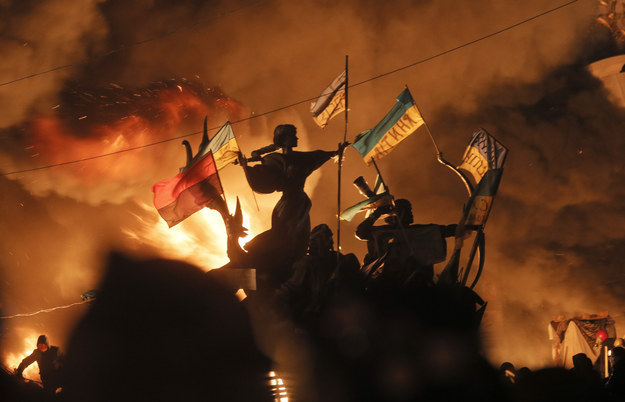
By February 2013, the standoff between protesters and the government of then president Viktor Yanukovych reached fever pitch. After violently cracking down on those in the streets, Yanukovych fled to Russia and the stage was set for a crisis that would only continue to escalate for the majority of the year. Russia would in the coming months annex Crimea and send armed support for separatist rebels in eastern Ukraine.
Attention to the bloody war in east Ukraine waxed and waned and then returned to the front pages in July when Malaysian Airlines flight MH17 was shot down, killing all 289 passengers and crew aboard.
It made for a horrific summer. The downing of MH17 also occurred on the very same day that Israel launched its ground offensive into Gaza. Meanwhile, ISIS's control of Mosul and other areas continued to solidify in the face of an ongoing Iraqi political crisis, and the next week Ebola was detected in Nigeria.
3. March–Present: Ebola

The outbreak was first confirmed in the small west African country of Guinea in March. By the time global health officials began to scale up their response in August, the virus had spread to Sierra Leone and Liberia, causing panic and threatening to go farther. When several health workers were infected while working overseas and brought to the U.S. for treatment, worries over an outbreak at home spiked. As of Dec. 29, at least 7,857 people have died of the Ebola virus, with 20,000 total infected.
4. March–Present: The disappearance of Flight MH370
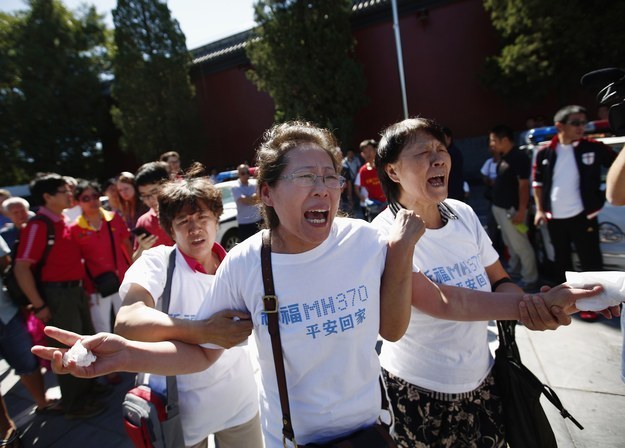
It's easy to remember the vanishing of Malaysian Air flight MH370 just for how easy it was to mock CNN's wall-to-wall coverage. But the missing plane and all 239 of its passengers was still a major incident, one that has yet to be resolved. Just days ago, another plane — this one bound for Singapore from Indonesia — vanished off radars, leading to the second search over the Indian Ocean this year.
As the search wound on, so did other crises: Russia was preparing to annex Crimea and the first international appeal to contain Ebola in Guinea was launched.
5. April–Present: #BringBackOurGirls
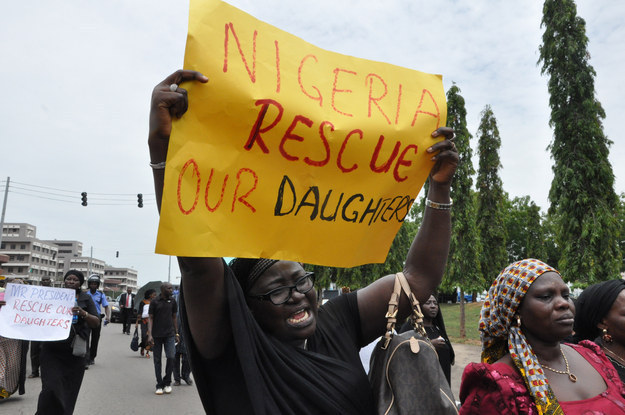
Late one night in April, the militant group Boko Haram kidnapped nearly 300 schoolgirls from their beds at a boarding school in northern Nigeria. The hashtag that Nigerian activists started — #bringbackourgirls — garnered support that reached as high as U.S. First Lady Michelle Obama. The U.S. and other countries deployed support to help find the schoolgirls and bring them home.
A few months later, global interest had faded. The vast majority of the girls are still missing. And Boko Haram is reportedly kidnapping more.
While Nigeria captivated people's attention, the United States and Europe issued the first round of sanctions against Russia for annexing Crimea, and the Malaysian plane remained missing.
6. June–Present: The "End" in Afghanistan
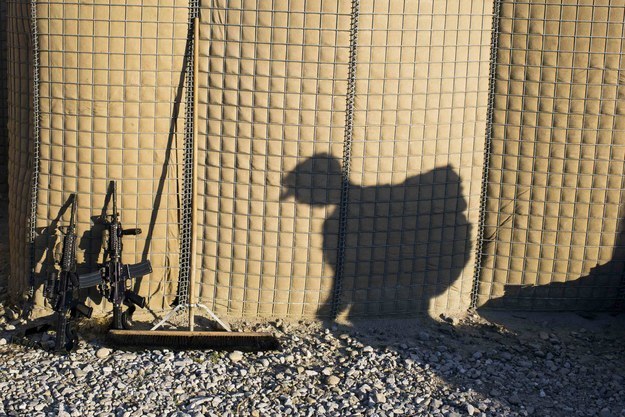
After 13 years, the war in Afghanistan came to an official close on Monday. But the United States will leave behind more than 10,000 troops, slated for "non-combat" missions alongside the Afghan security forces. Their presence wasn't guaranteed, as for months the crucial agreement that would allow Americans to stay was in doubt, awaiting the results of a contentious election.
Amid all of this, the war's looming "end" renewed debates about what to do with the detainees being held both in Afghanistan and in the Guantanamo Bay detention facility. Uproar over the swap of captured U.S. soldier Bowe Bergdahl in exchange for five American-held Taliban detainees and the release of the long-awaited CIA torture report gave both opponents and supporters of closing Gitmo ammunition against each other.
And across the border in Pakistan, the situation with the Taliban branch there gave little hope for the future security of Afghanistan. This month, members of the Pakistani Taliban killed 132 students and 9 nine staff members at a school in Peshawar.
7. June–Present: The rise of ISIS
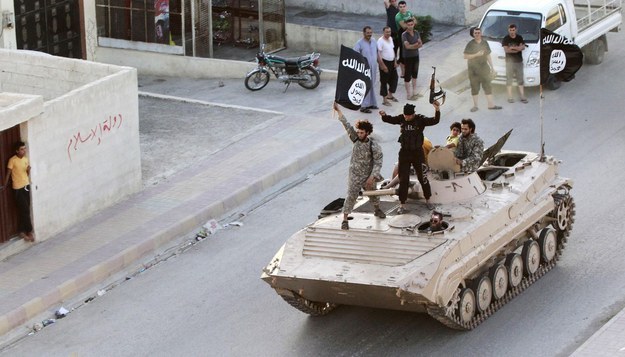
Deploying violent tactics, including the beheadings of several Westerners, and an ability to consolidate territory, ISIS managed to mutate from being a near-defeated local cell of al-Qaeda into a group capable of striking fear into the hearts of countries a world away. The group's seizure of the Iraqi city of Mosul in June made it clear ISIS was a new, horrific force to be reckoned with as the war in Syria contributed to the further destabilization of neighboring Iraq. The Iraqi counteroffensive — aided by the United States, Kurdish peshmerga, and others — against them is still ongoing.
As ISIS was surging, Ukraine accused Russia of sending troops and heavy weapons across the border and Nigeria's attempts to contain Boko Haram were faltering in the face of still more kidnappings.
8. July–August: Gaza
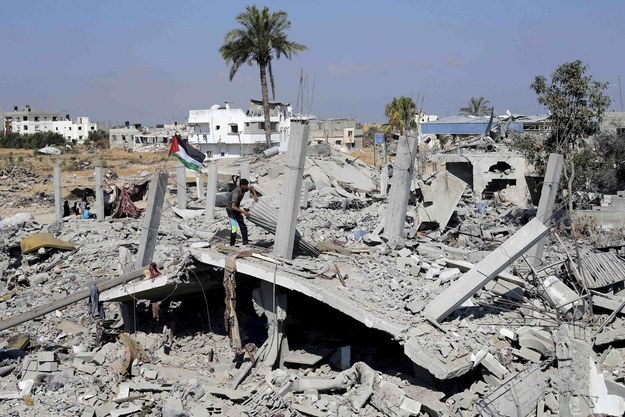
It began with the kidnapping and murder of three Israeli teens. It continued with the murder of a Palestinian youth. And it grew into the latest war in Gaza.
The 50-day long battle was the culmination of months of disappointment in the moribund U.S.-led peace process, tit-for-tat rocket launches and airstrikes between Hamas and Israel, and Hamas' continued use of an elaborate system of tunnels. In the end, though, the status quo remained firmly in place.
As the Gaza crisis was escalating, ISIS was continuing its rampage in Iraq and Syria, Nigeria was taking action against the protesters demanding the return of their daughters, and the United States and NATO declared that Russia was deploying armor and artillery to aid Ukrainian separatists.
9. August–Present: Ferguson
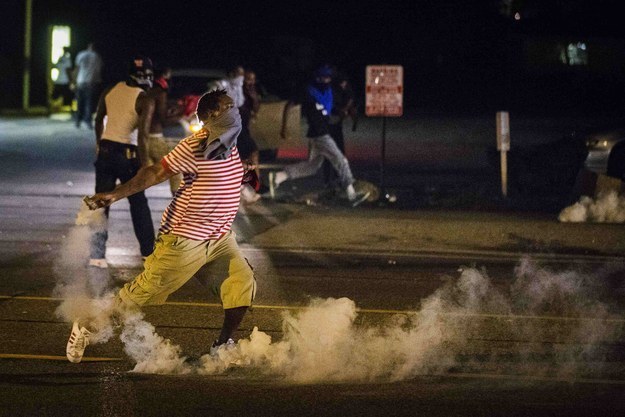
The protests against police impunity that arose from the death of Michael Brown in Ferguson, Missouri, were part of a purely domestic story. But the scope of the protests — and the initial disproportionate response from local and state law enforcement — made Ferguson into an international issue, with newspapers around the world covering it. Governments who delight in needling the United States, from Egypt to Russia to North Korea, also made sure to highlight the discord inside the U.S.
While Ferguson's protests were first making headlines, the U.S. was launching airstrikes in Iraq on behalf of the Yazidi people under threat from ISIS, the war in Gaza was still continuing, Russia was sending an "aid convoy" into Ukraine, and the Liberian government was faltering in its ability to keep Ebola in check.
10. Jan–Present: All the stories that weren't headline news
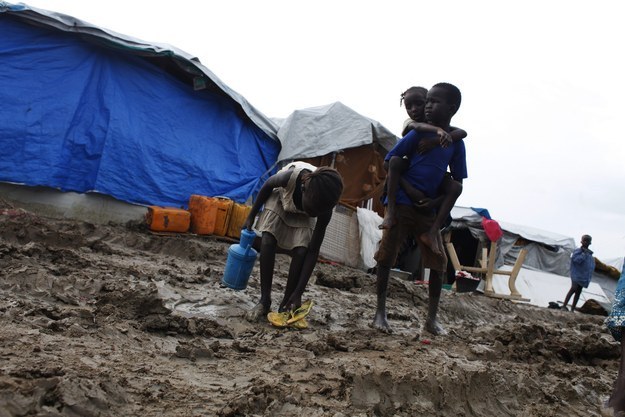
Throughout the entirety of the year, amid all the headline-grabbing stories, the international humanitarian system was under strain from a series of ongoing civil wars, natural disasters, and epidemics. South Sudan and the Central African Republic both celebrated the one-year anniversary of their conflicts. And as of Dec. 29, the United Nations remained $10 billion shy of the amount it needed to care for the record-breaking number of people in need of humanitarian aid around the world.
